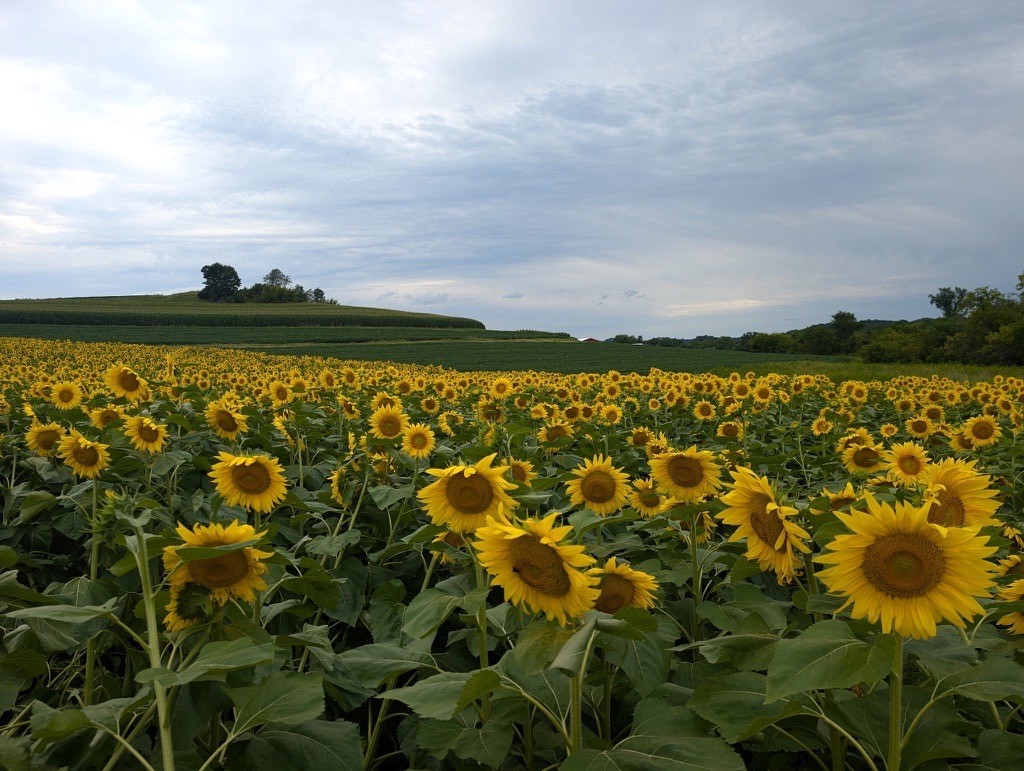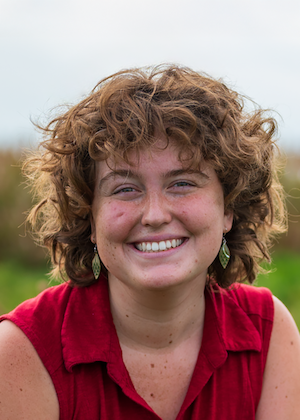Organic Transition Resource Toolkit

Organic Transition Resource Toolkit
This online library is your one-stop-shop for organic transition resources. Explore guides, factsheets, videos, tools, and expert contacts to support your journey towards resilient and successful organic farming.

Questions? Let’s connect!
My name is Ari Abbrescia, and my work with UW-Madison Extension supports organic-curious, transitioning, and experienced organic farmers across Wisconsin by sharing research, creating resources and tools, and building opportunities for connection.
Email: ariana.abbrescia@wisc.edu
Phone: 608-263-1054




